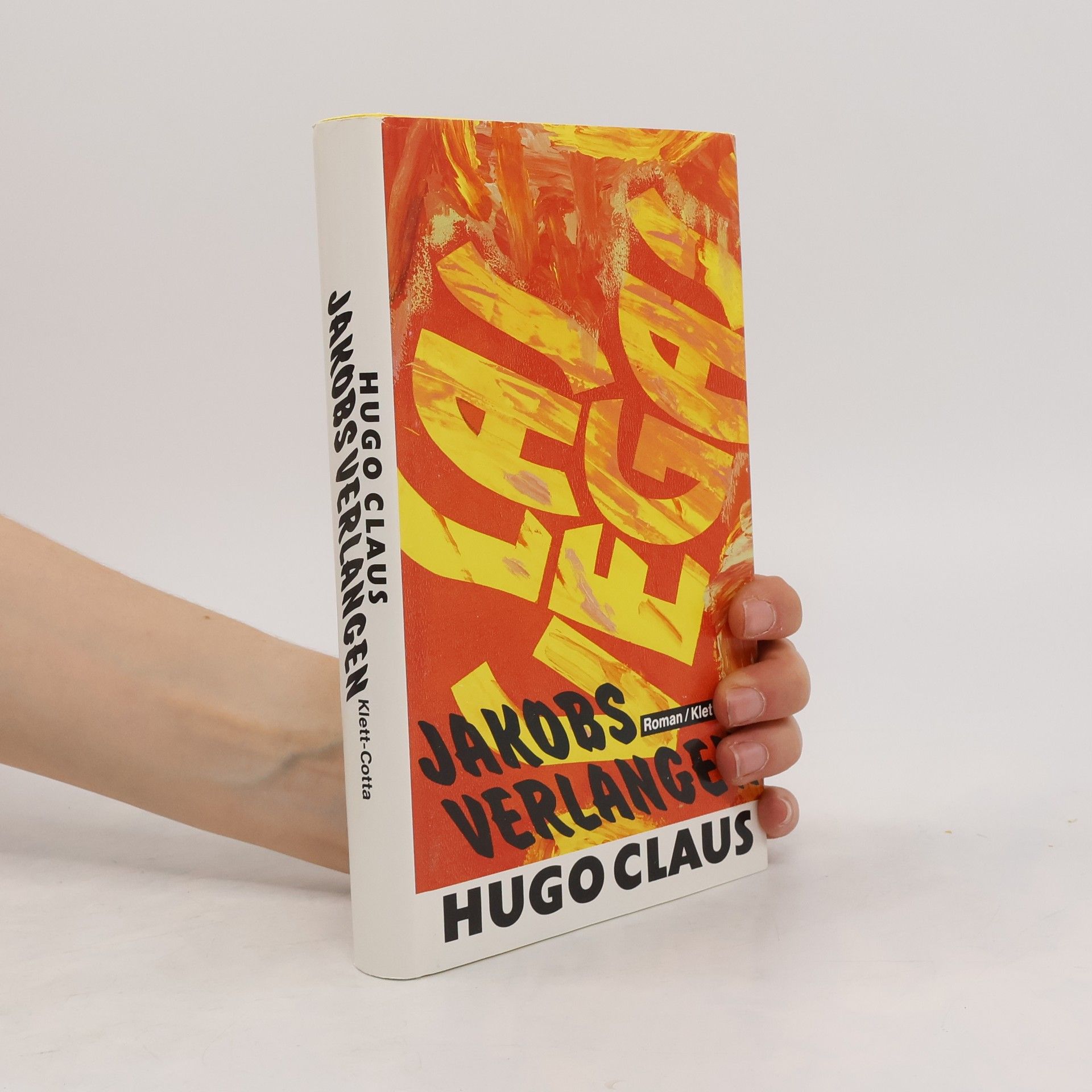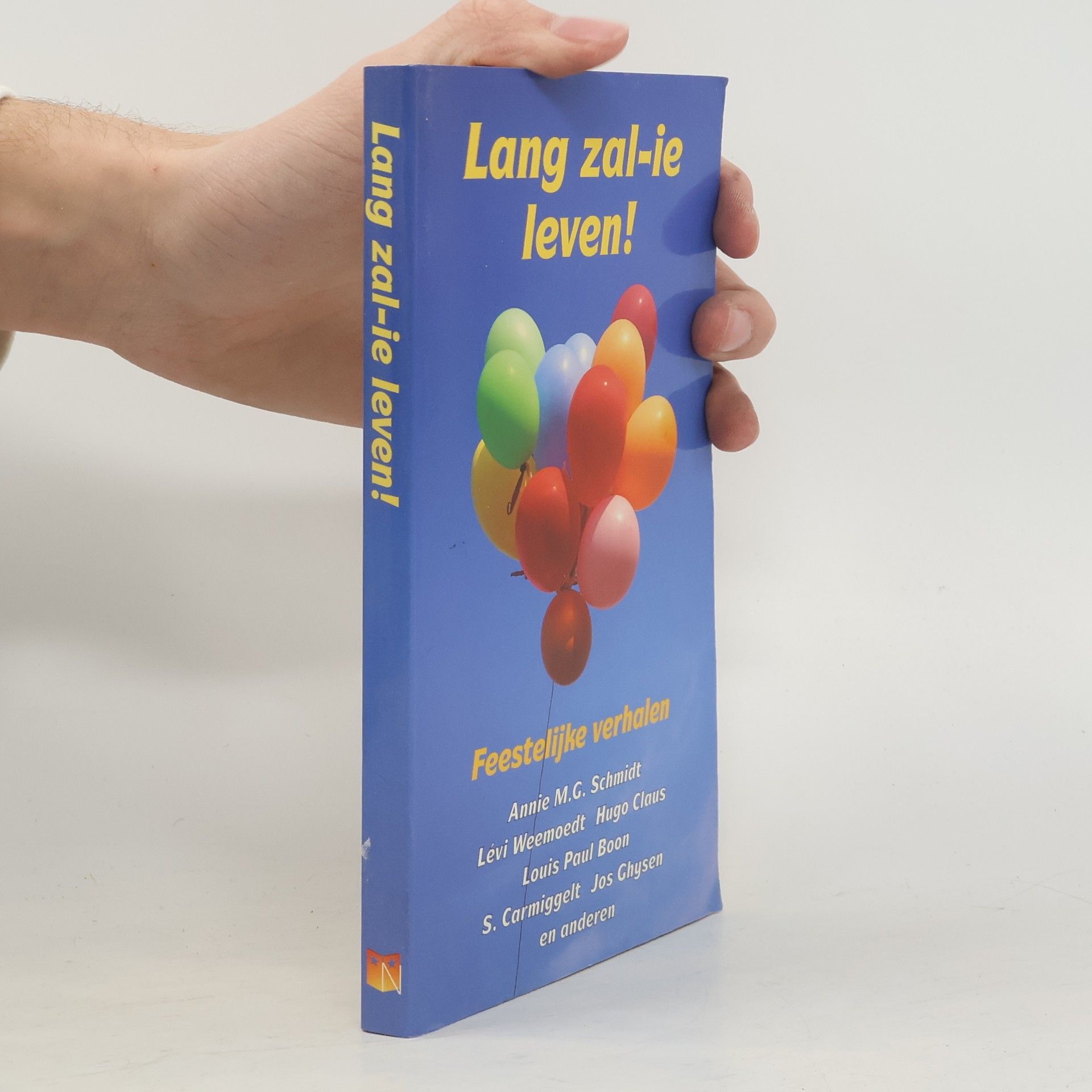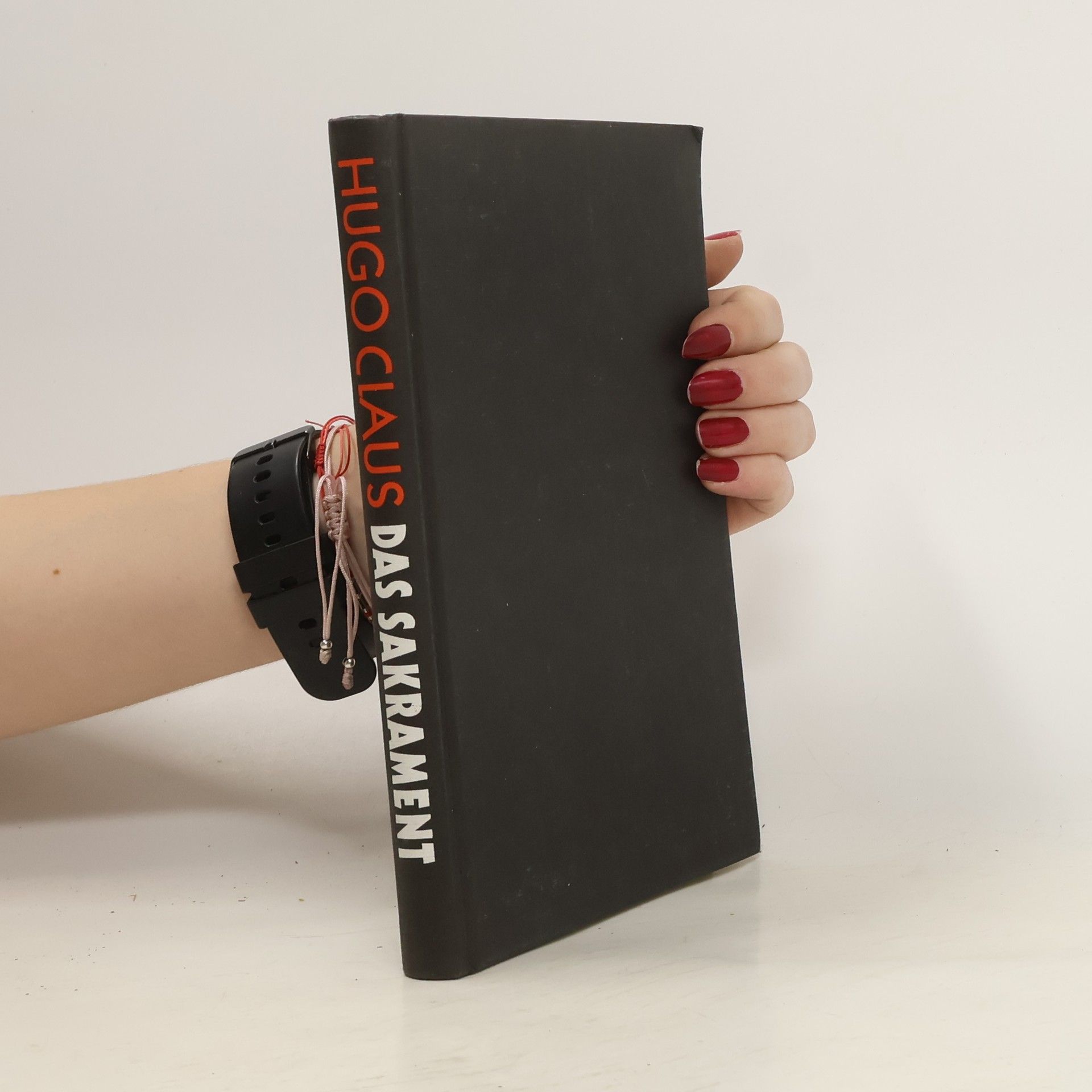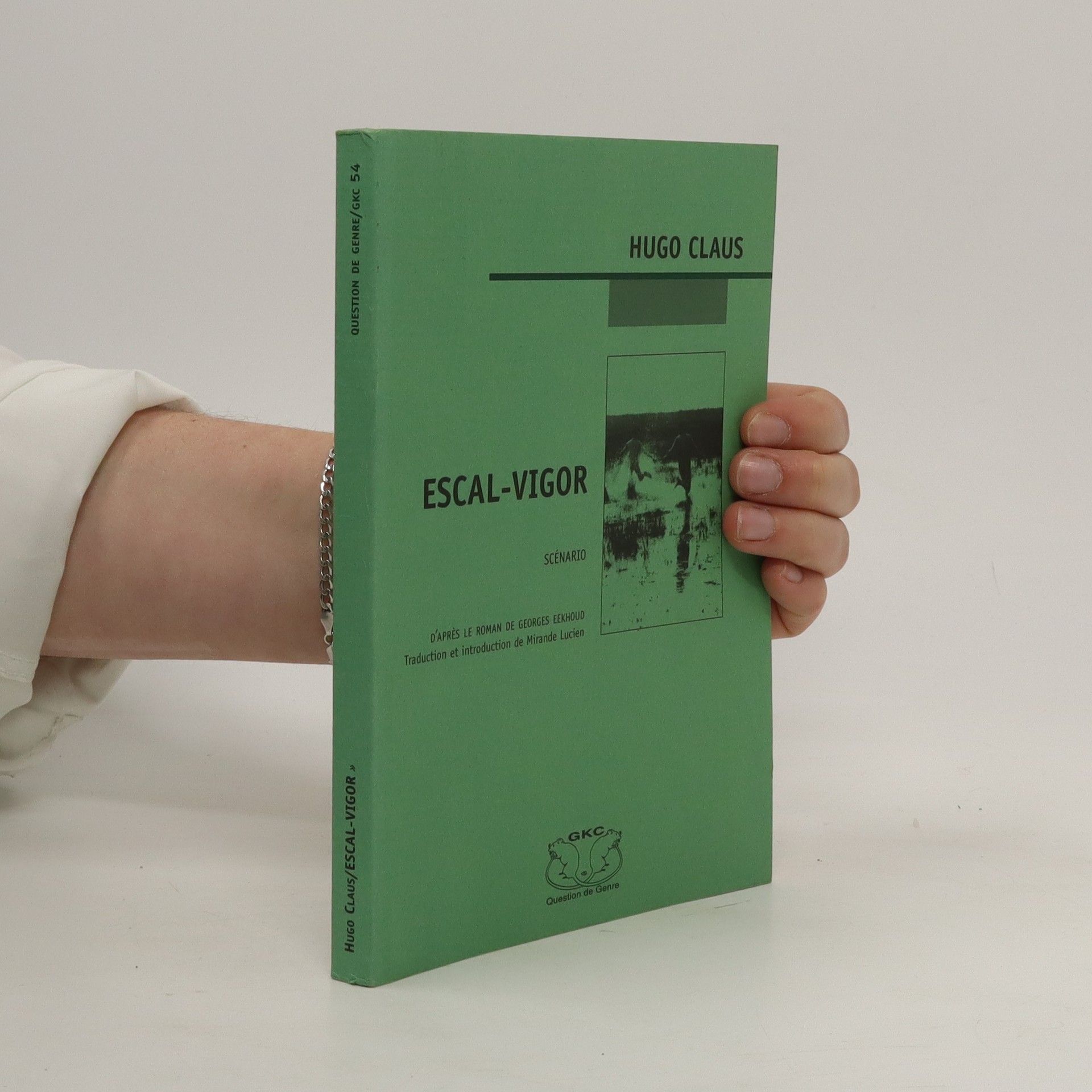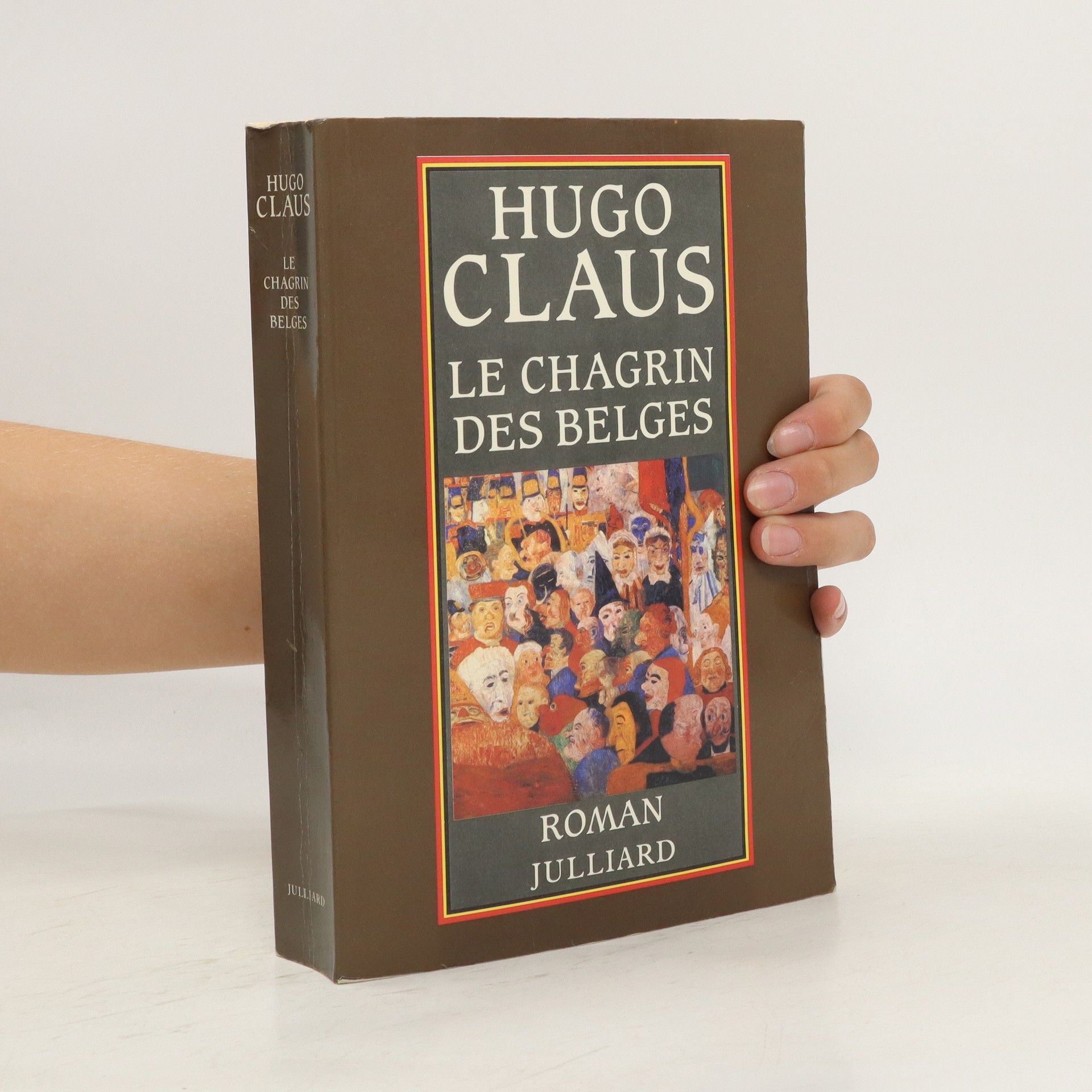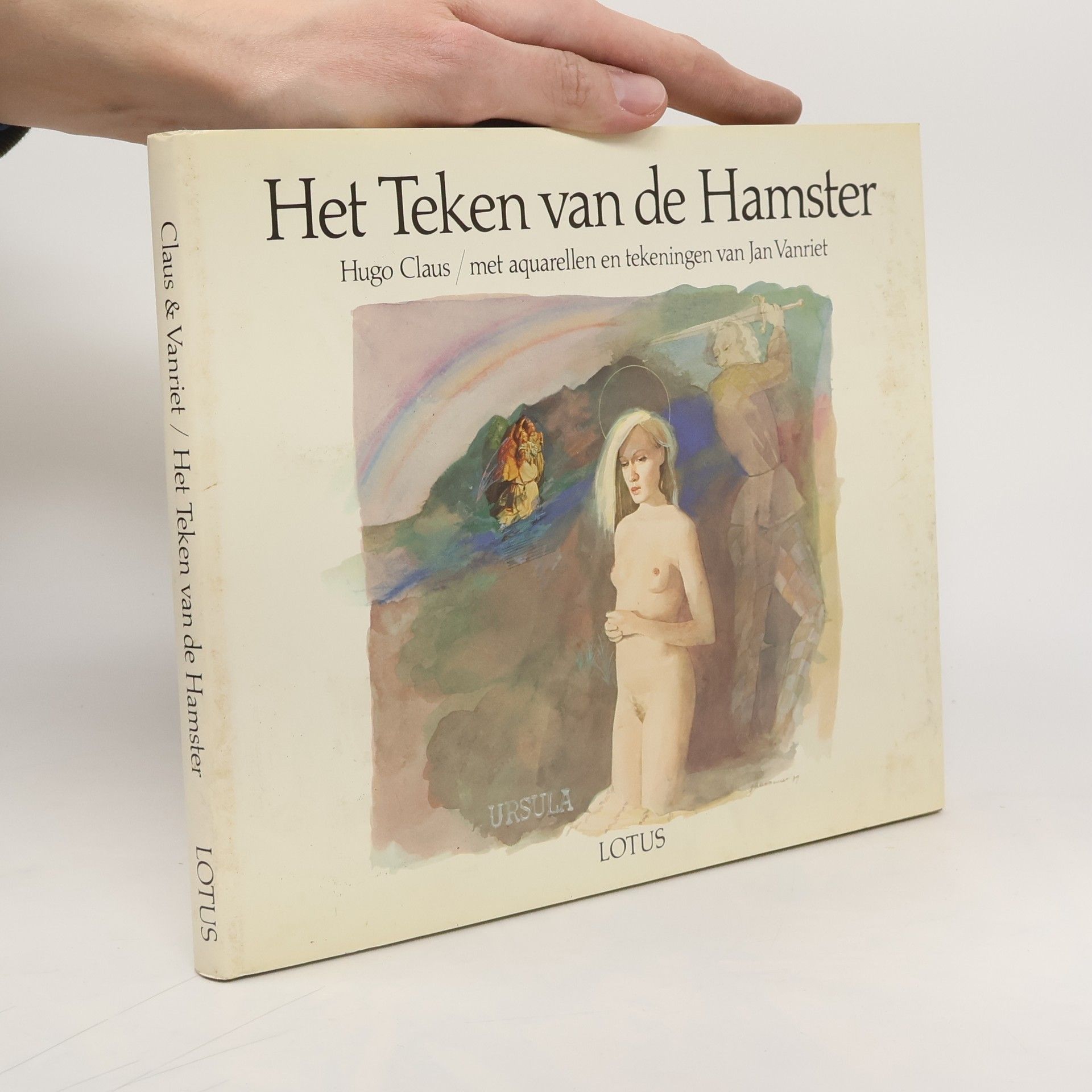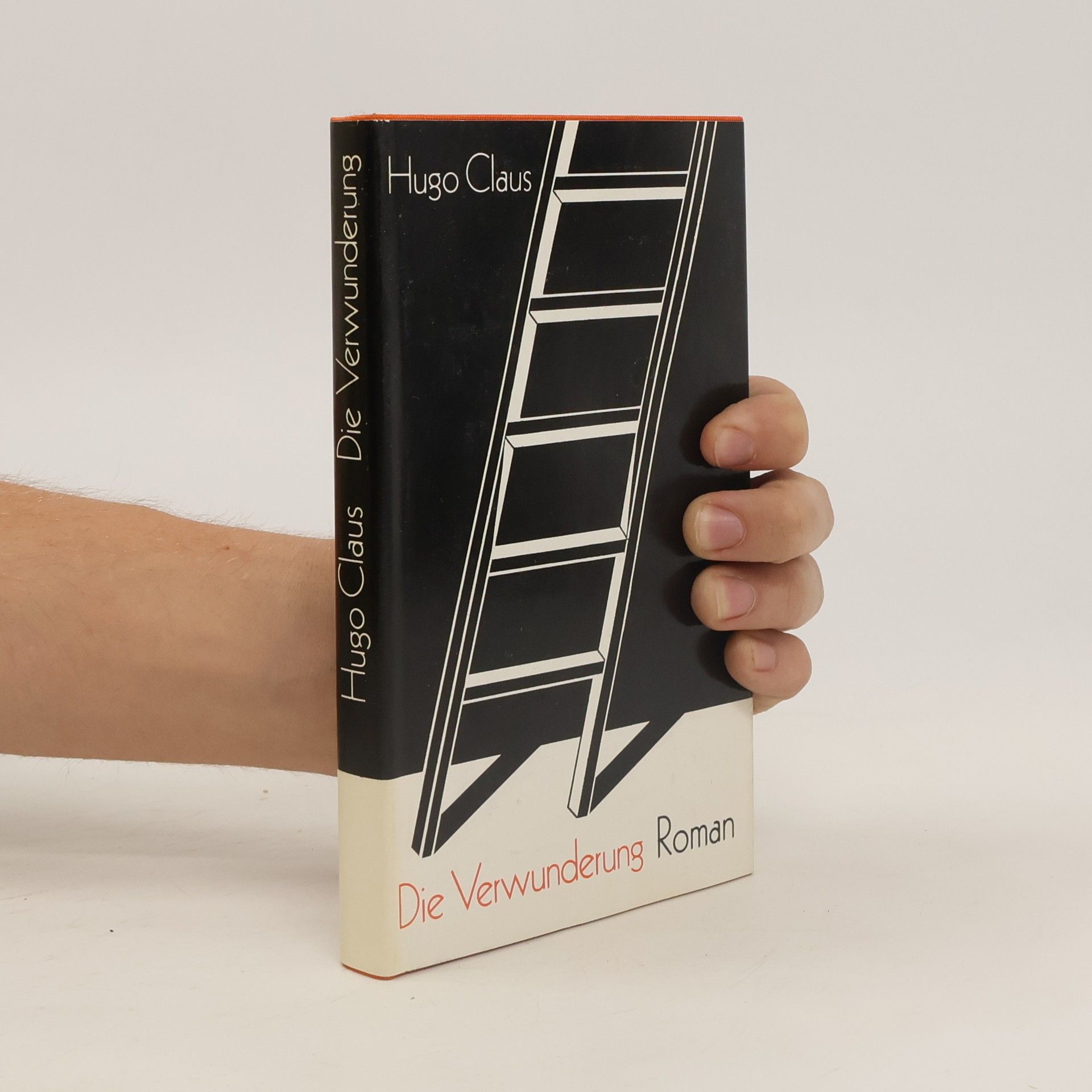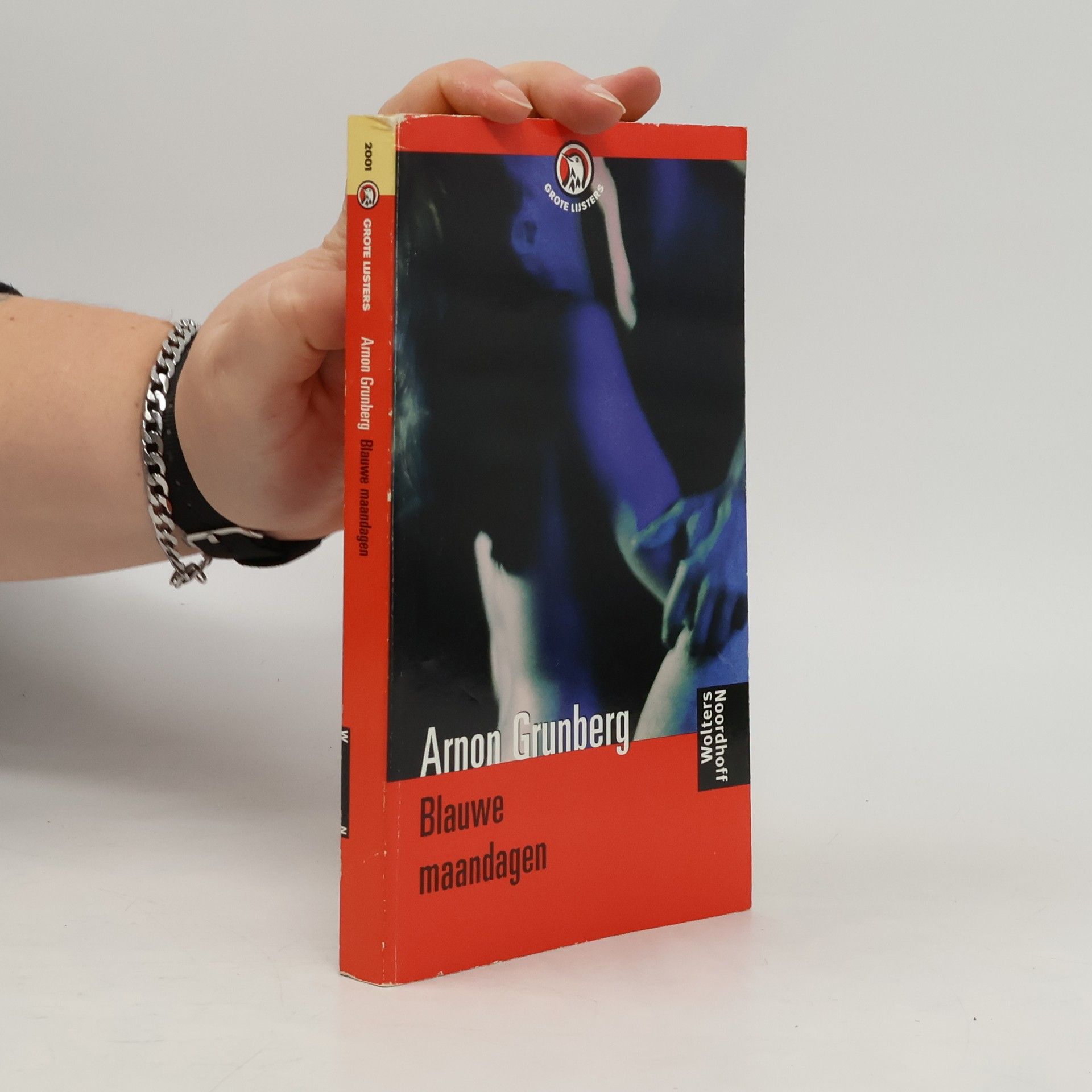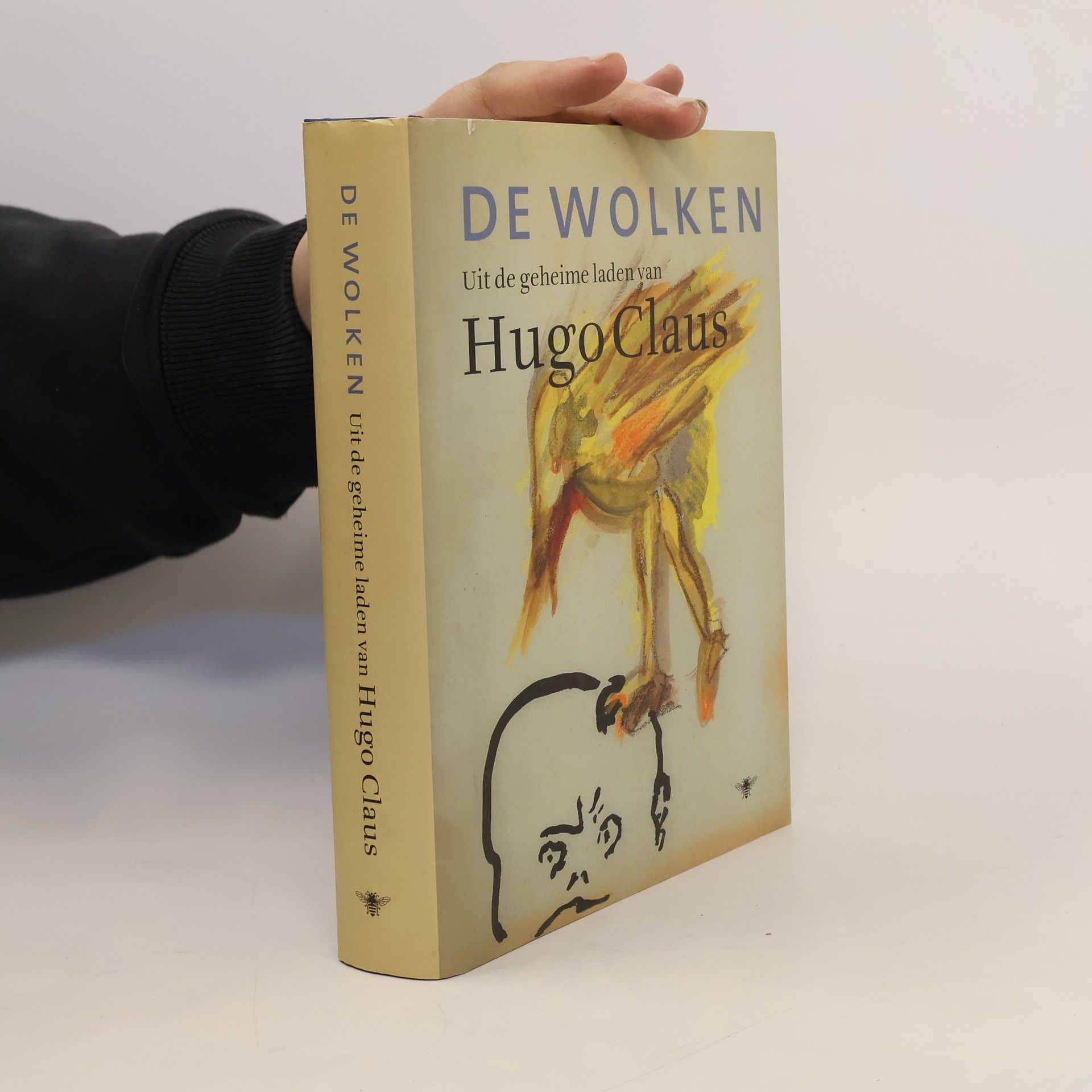Le chagrin des Belges
- 614pages
- 22 heures de lecture
Une fresque flamande qui doit autant à Breughel qu'à James Envor. Deux grandes parties: l'éducation des enfants, occasion d'une vision satirique sur les mensonges qu'on y distribue et la guerre, point de départ d'une charge féroce sans aucun ménagement pour ses concitoyens. Une oeuvre robuste et salubre.

